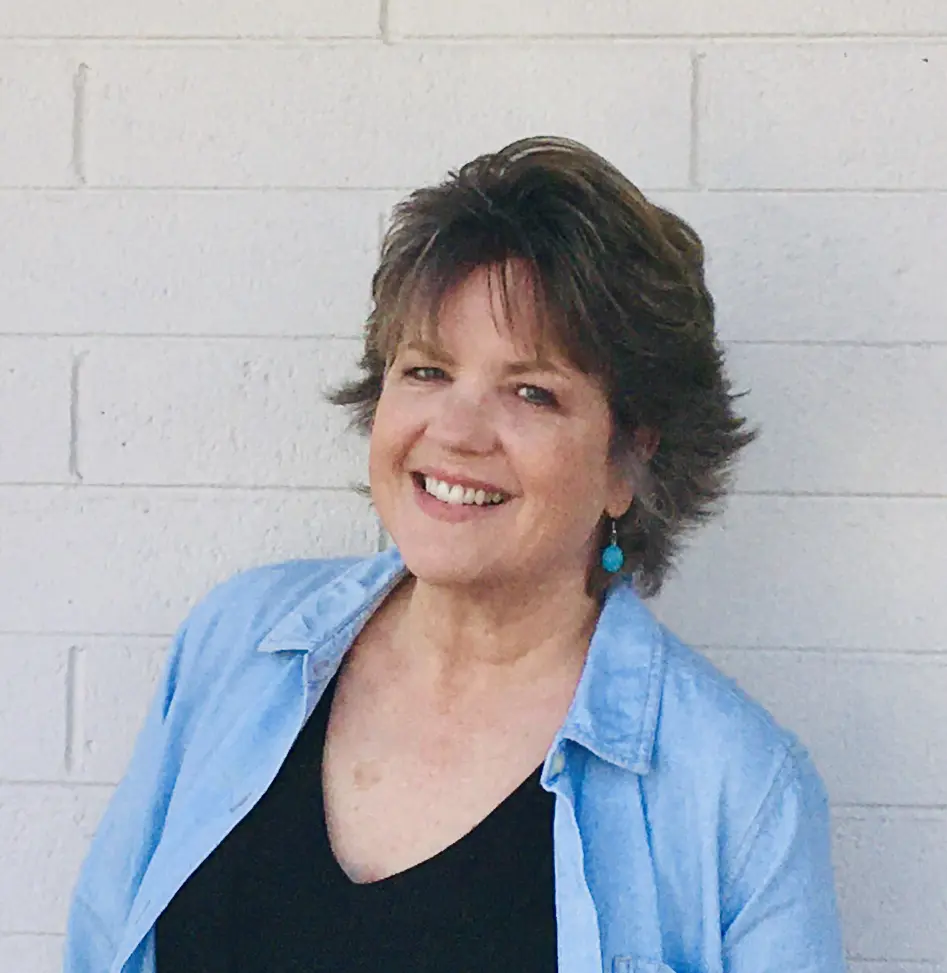Survivors have been damaged by relationships and relationships are the pathway toward healing. What a terrible statement. The thing that did us so much harm is the thing we must have in order to get well. This is the dilemma for a survivor of trauma. In addition, relationships are the point of deepest hurt and the point of deepest longing. The longing to connect. To love and be loved. To belong, to matter. All people desire these things, but only survivors come against this paradox: all the things that make relationships possible are the very things that threaten our survival.
The soul is the wellspring where personality, knowledge, and understanding meet. It is also the place of deepest damage. I’m going to call this point of suffering, soul damage. When verbal and emotional abuse is punctuated with sexual and physical abuse, the damage is written across the soul, and enters a different territory from the normal conflicts of life. Many survivors of soul damage have never had a relationship with anyone who was not also damaged. What is the difference between the two?
Soul damage beliefs
- does not trust trusts
- assumes the worst
- driven by fear
- driven by anxiety
- feels powerless
Undamaged beliefs
- trusts
- assumes the best
- believes the world is basically good
- believes the world is basically safe
- believes they have the power to exact change
This damage makes friendships difficult. Many of us find ourselves repeating the same patterns and continuing the same behaviors. I once had a close friend show up at my house at one in the morning. Thinking something was wrong, I answered the door.
“I feel like God has given me this song for you. I had to share it right away.” She kept me standing on the stoop of my house for over an hour.
This friend and I were both survivors. The problem was that very little of our soul damage had been healed. I didn’t know how to say no, and she had no idea how to be appropriate.
So how do we choose the right kind of friends? There are three qualities that I think help survivors find healing in stable, lasting, secure attachments with friends.
1. Judge a person by their actions not their words
Soul-damaged people are always running the agenda. They are often trying to use you to fill the hole in their own soul. Words can be a cover. Soul-damaged people hide. If you step back and watch, they will reveal who they truly are and what they really believe by the way they behave.
2. Look for humility – low conflict
Humble people are low conflict people. They assume the best about you. If you have a friend who is always embroiled in conflict and anger, they are running an agenda and will not be a healing relationship for you.
3. Look for a person of character
A person of character is someone who holds themselves to a higher standard. They do not seek things for their own selfish gain but look to the good of other people. They live according to a higher moral law of love, peace, and kindness. They do not cross boundaries, nor do they wish to.
When we begin making intentional choices for healing friendships, it will catapult us toward the life we hope for and deserve. Let us break the old patterns and use our trauma experience to recognize people who appear righteous, knowledgeable, and in charge but are really looking for ways to use us for their own ends.
Defy trauma! Embrace Joy!
You may contact the author at: https://authorrebekahbrown.com/
Guest Post Disclaimer: Any and all information shared in this guest blog post is intended for educational and informational purposes only. Nothing in this blog post, nor any content on CPTSDfoundation.org, is a supplement for or supersedes the relationship and direction of your medical or mental health providers. Thoughts, ideas, or opinions expressed by the writer of this guest blog do not necessarily reflect those of CPTSD Foundation. For more information, see our Privacy Policy and Full Disclaimer.

Rebekah Brown, a native of the south, now resides in the Great American West. Surviving a complicated and abusive family system makes her unique writing style insightful as well as uplifting. Rebekah is the proud mother of two and grandmother of four.





Thank you! This is a really good read and viewpoint from a survivors perspective. I know I feel safer around people of good, solid character.